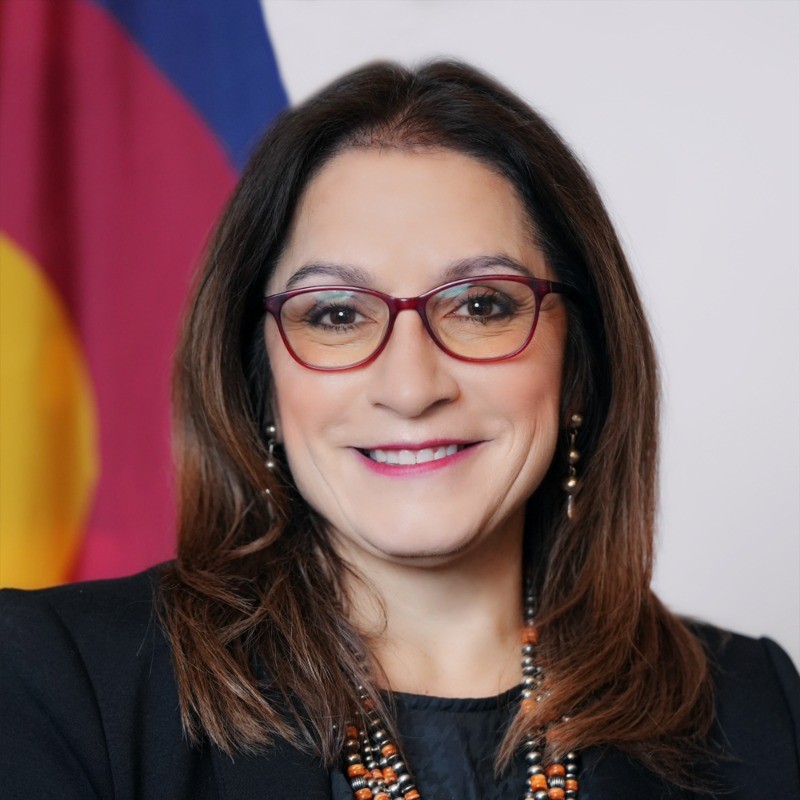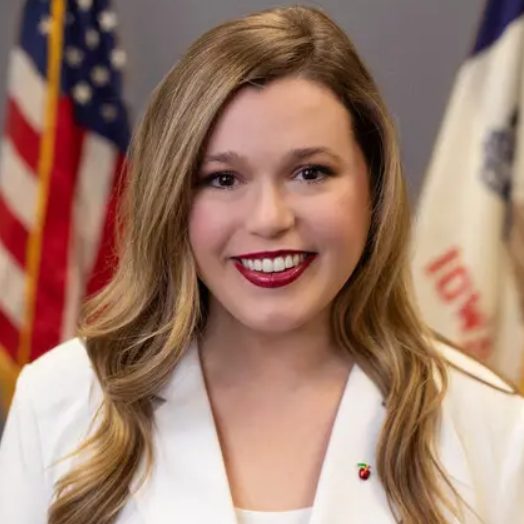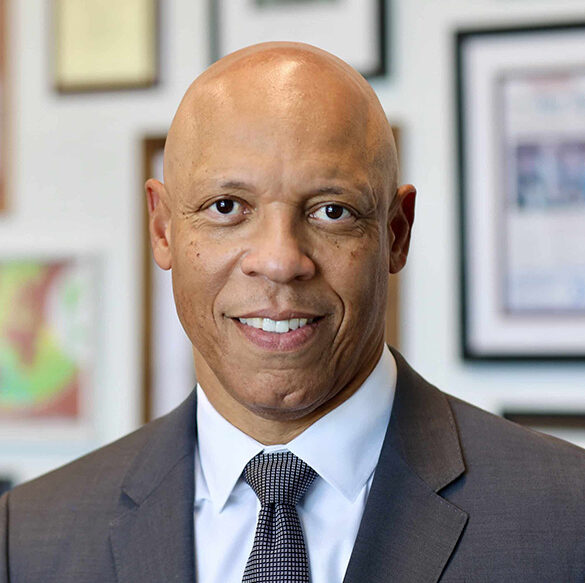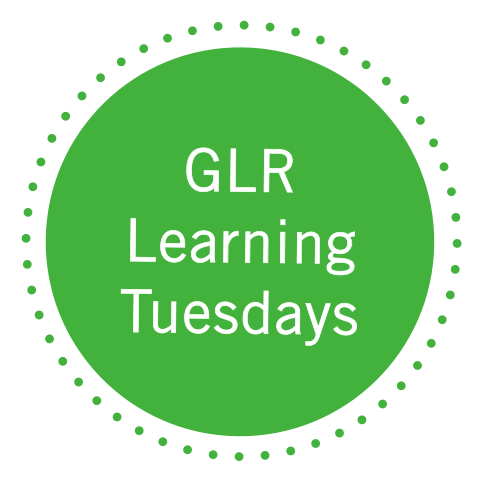
- This event has passed.
ELECTION DAY REBROADCAST: The ESSER Funding Cliff Approaches: What States Did & What They Learned
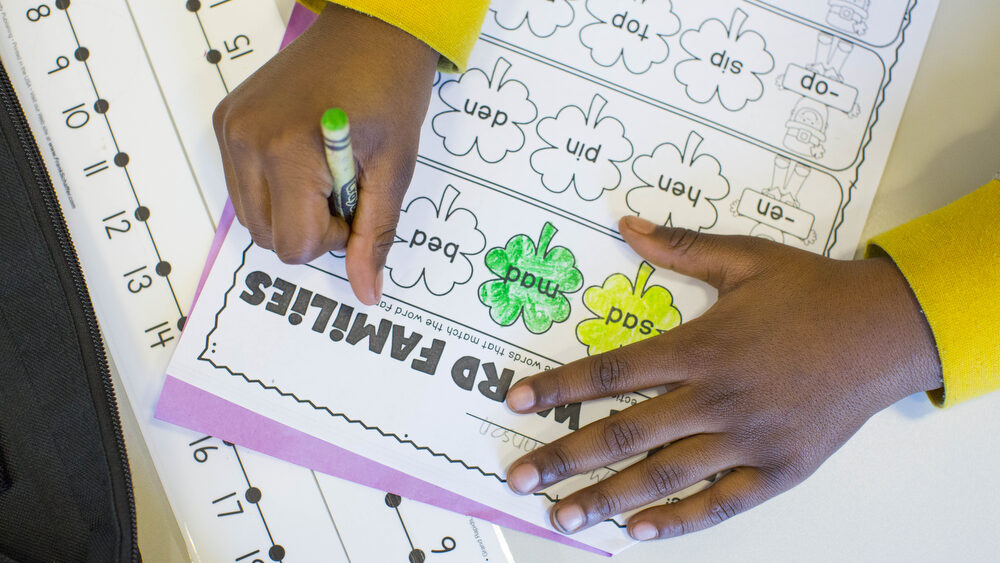
CGLR had the rare opportunity to convene and learn from a panel of Chief State School Officers and hear straight from the decision- and policymakers about the interventions and strategies in which they invested their 10% set-aside allowed from the $190 billion Elementary and Secondary School Emergency Relief (ESSER) Fund over the past four years. With the expiration of ESSER funding on September 30 and the upcoming January 28, 2025, deadline to liquidate the grant before funds must be returned to the U.S. Department of Education, this special Election Day rebroadcast session provided another opportunity to hear these state chiefs share what they did, what they have learned and how they are planning to sustain effective strategies and interventions.
Moderator and competency-based education leader William R. Hite, Jr., Ed.D., of KnowledgeWorks opened the discussion by asking each panelist to set their state’s context by sharing the priority learning recovery strategies they launched using the significant federal investment and what results they have seen. In considering her priority investment in digital equity, Susana Córdova, Ed.D., Commissioner of Education in Colorado, shared that in their need to expand access to digital resources, new innovations emerged from the crisis that are now continuing to benefit districts and students. In setting the context for her state, Katie Jenner, Ed.D., Secretary of Education in Indiana, shared that there had been a strained relationship between state government entities. When it came time to address the COVID crisis and prioritize ESSER investments, her team needed to start with relationship building:
In order to drive change within a crisis situation, it starts with consensus building and relationship building. So our team, when I came in as an appointed secretary of education,…started with relationship building and a commitment to being very transparent with the data…And we still hold this true in Indiana. Let’s not spend our time admiring the problem. Let’s focus in on solutions….That’s always what is needed in the beginning.
Hite continued the discussion by asking the panelists to consider the challenges they had to overcome, what they might do differently in hindsight and what key lessons they have for the field. McKenzie Snow, Director of the Iowa Department of Education, discussed how achievement gap data in their state informed all the decisions they made, leading to their top four priorities: establishing a strong teacher pipeline; narrowing and closing the achievement gap; creating multiple pathways to postsecondary success; and implementing evidence-based reading instruction. Charlene Russell-Tucker, Commissioner of Education in Connecticut, agreed about the importance of data and demonstrating the return on investment — especially to communicate what works and justify state funding to support continued efforts:
We’ve used data to inform what it is that we’re investing in and to really talk about sustainability. Really important. Here in Connecticut, our research collaborative is not going away. We rebranded and renamed it because it is so important that we know the return on investment for what it is that we’re doing.…So that is something I’d say is a best practice that will continue. Imagine now being able to go to the legislature and say, here is this thing we tried doing and, by the way, we know it works….Now it’s your turn to invest in that…A lesson learned is to continue to try to make the case for being able to answer the “so what” question when we make an investment in a program or an initiative.
In recognition of Election Day 2024 and the broad bipartisan support the Campaign for Grade-Level Reading has been fortunate to receive since its launch in 2010, CGLR was also pleased to share brief clips of two sitting governors — one Republican and one Democrat — as part of this special rebroadcast. In these clips, Governor Spencer Cox (R) of Utah and Governor Wes Moore (D) of Maryland stressed the importance of finding bipartisan agreement on sound education policy that ensures early school success and more hopeful futures for children.
If you were able to attend the session, we would love to hear your feedback! We appreciate your help in filling out the following form as we seek to learn and understand the perspectives, ideas, critiques and recommendations that better inform our key audiences.
Panel
